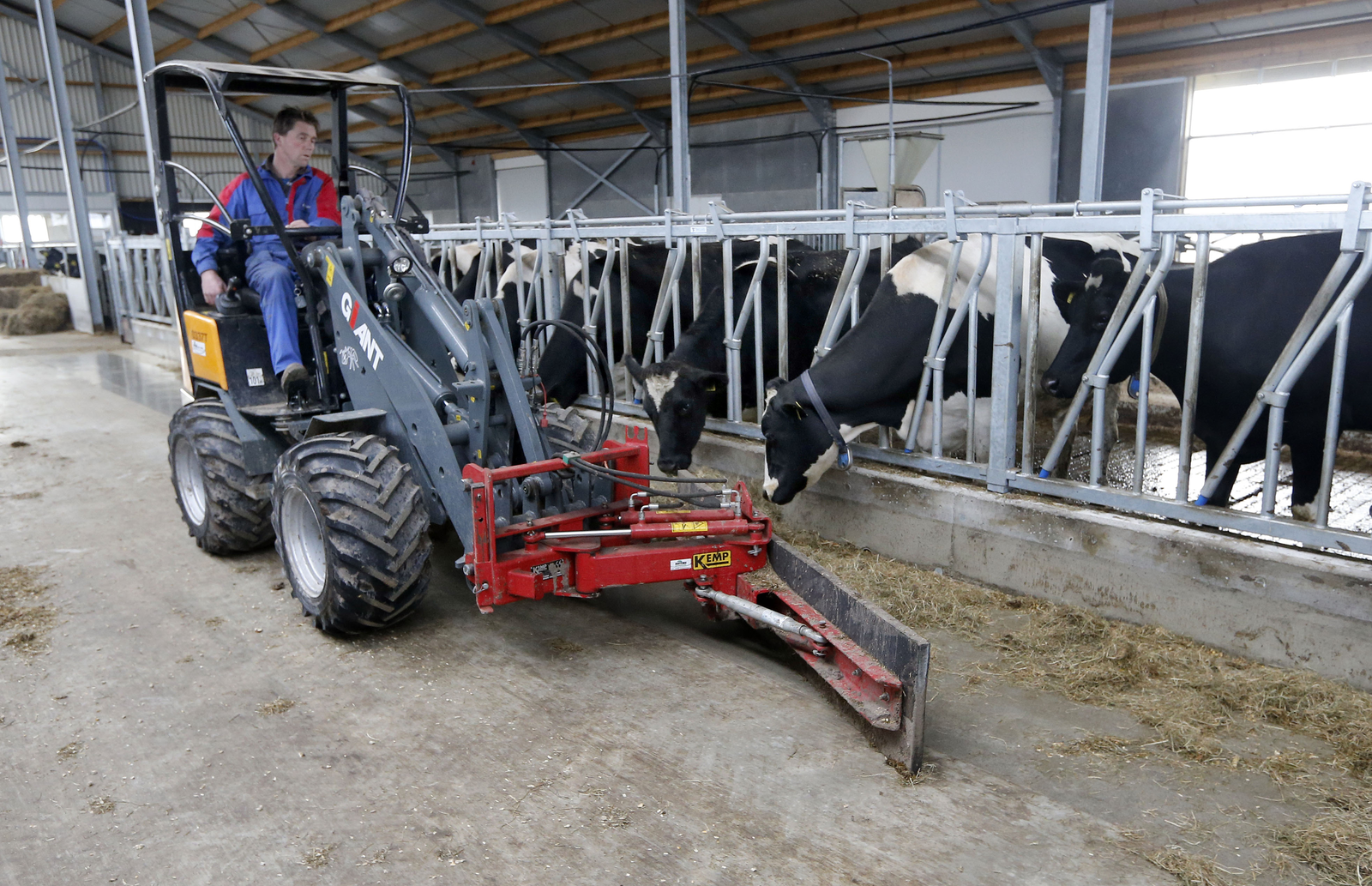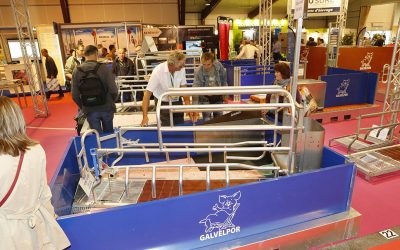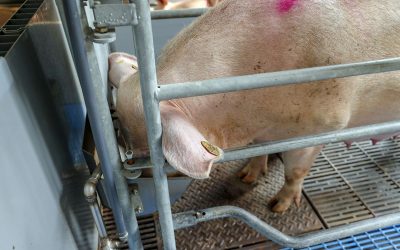Shovel, broom and wheelbarrow

They are a jack of all trades. Mini-shovels in the 2 tonne category come in handy on almost every farm, as a substitute for a hand shovel, broom and wheelbarrow.
Their number is rising; an increasing number of companies have discovered the convenience of such a small all-rounder. Once a dairy farmer owns a mini-shovel, he uses it more often than expected.
Wheel loaders in the 2 tonne category are really made for handling the work in and around the yard. They are generally purchased to muck out stables, baling, or filling the cone blender with loose products. Soon a pair of pallet forks will follow, as they are of use moving a pallet or cubic crate. The vehicles are small and agile and easy to mount and dismount. They are versatile and often used on a daily basis.
Small powerhouses
Despite their compact dimensions mini-shovels are hydraulically rather strong. Suppliers often see companies who work with a mini-shovels trade the 2 tonne machine against a heavy-duty type. Simply because they have discovered the convenience of the machine and crave more of it. Hydraulic lifting capacity is usually no limitation. The weight the shovel can lift is restricted by the machine’s static tipping load. When the rear wheels come loose from the ground, it is not safe to drive it anymore.
In its bent state the static tipping load is lower than when the shovel is straight. That is why suppliers prefer the term tipping load full turn over lifting force. Tipping load full turn is the weight at which the vehicle is destabilised. In practice this means a wheel loader can roughly lift half of its own weight. Also the maximal dump height is a point of attention. It is often lower than the lift height sellers indicate.
Wide range
There is a wide range of wheel loaders. Traditionally these are the established brands from Germany, but also France, Italy and the Asian countries offer shovels. Originally mini-shovels mainly found their way to contractors, gardeners and pavers. Nowadays farmers find them more and more suitable for on farm use.











